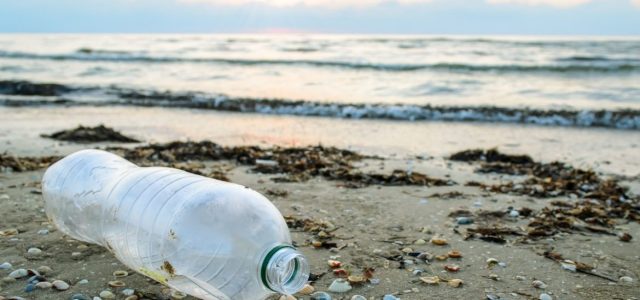Venice City Council approves fining and banning people from the local area for ‘anti-social’ behaviour
On 16 May 2019, by a majority of 22 for and 6 against, Venice City Council approved a range of police and security regulations for the urban area, as set out on its website (only in Italian) here:
Il Consiglio comunale approva il nuovo Regolamento di Polizia e Sicurezza urbana
These regulations will impact many citizens, businesses, campaigners, political parties and visitors to Venice and the nearby mainland. The sanctions include heavy fines from €25 to €500 and enforcing a legal ban from the local area, known in Italian as a ‘Daspo’. The Daspo was introduced in Italy to ban people accused of bad behaviour at football matches from attending football stadiums. Now Venice City Council has agreed to apply a Daspo to ban people charged with anti-social behaviour.
So what constitutes anti-social behaviour under the new regulations?
Firstly, noisy stag/hen or degree celebrations (an important Venetian tradition in city with many students) are banned from Monday to Thursday between the times of 8 pm and 8 am. Also between these times and on every day, there is a ban on consuming alcohol outside designated areas (for example specified zones by bars and restaurants). From 2021, plastics will be banned from all bars, restaurants and take-away outlets, which will be required to use biodegradable materials with their logo on and be responsible for keeping the area outside their outlets clean (100 metres from the entrance to the business). And a reminder that there is already a ban on sitting down outside to consume food or drinks, except within designated areas (fine=€200, see Forbidden behaviour ).
Walking or travelling on a boat while wearing a bikini or being bare-chested is banned. Placing ‘love lock’ padlocks on railings is forbidden and so is diving into canals or swimming in them. Bicycles are banned from the historical centre and kids’ scooters are only permitted outside areas where there are monuments and only if the rider is under twelve years old.
New limits are placed on stalls in public places, such as those run by campaigners, political parties or businesses. Prostitutes will face sanctions if they hold up traffic on mainland roads, which means they will be punished as well as their clients who get fined (prostitution is illegal in Italy).
Some measures are specifically aimed at tourists. So it is now forbidden to have more than the designated number of people staying in an apartment with higher fines depending on how many additional people are there. There is a specification that the new rules apply to all the protected area defined as ‘Venice and its lagoon’ by UNESCO, which has threatened to put Venice on its list of endangered places if the City Council does not address the ‘problem’ of tourism. As I explored in my book, ‘VENICE IN ENVIRONMENTAL PERIL? MYTH AND REALITY’, UNESCO played a leading role in the formation of the Venice ‘problem’ of sinking in the late 1960s and now predominantly frames the problem through tourism.
In reality, Venice could manage tourism better, but is not faced with a massive problem of tourism or wider anti-social behaviour. Venice City Council is placing extreme restrictions and sanctions on people by constructing these issues as problems. It is time to challenge these anti-social measures and I recommend voting out the current Mayor, Luigi Brugnaro, and his administration in the City Council elections in 2020.
Venice can get very busy with tourists. Yet there are periods when it can be very quiet, even on its central St. Mark’s Square, as when I took this photograph there on Sunday 5 May 2019 at 2.30 pm;




